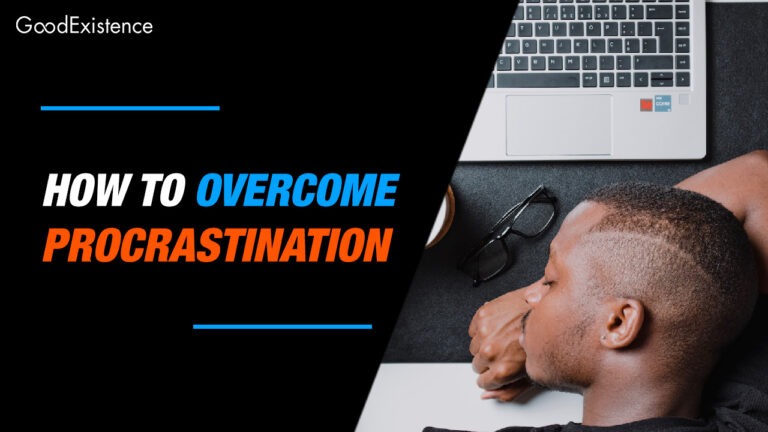
Finding good information online often feels like a treasure hunt without a map.
You know you’re looking for something real something true. But you’re surrounded by a sea of noise. Clickbait articles half-truths and opinions dressed up as facts are everywhere. It can feel overwhelming and honestly a little discouraging. It’s easy to just give up and go with the first answer you find.
I’ve been there. In so many areas of my life.
My Own Research Mess
When I decided I had to change my life, I was completely lost. I was over 110 pounds overweight stuck in bad habits like binge eating and laziness. I knew I needed a new path. So I turned to the internet for answers.
What a mistake.
I found a million different diets. One site said to eat only meat. Another said to avoid it completely. Some promised I could lose 30 pounds in a month with a magic pill. Others promoted extreme workouts that would have probably sent me to the hospital. It was a confusing mess of conflicting advice. I felt more helpless than when I started.
This is where I learned a crucial lesson. Finding the right information isn’t just for school papers or work projects. It’s a life skill. It’s how you separate fads from facts. It’s how you make good decisions for your health your finances and your family. Learning how to research well was the first step in reclaiming my health and my life. It empowered me to find a sustainable path that actually worked.
You don’t have to feel lost. You can learn to be a better researcher. It just takes a little practice.
20 Ways to Sharpen Your Research Skills
Here are some simple practical ways to get better at finding what you’re looking for.
-
Start with a clear question. Don’t just search "healthy eating." Ask something specific. "What are the benefits of whole foods for sustained energy?" A good question leads to a good answer.
-
Get genuinely curious. Treat it like an adventure. Don’t see it as a chore. Curiosity makes learning fun and helps you dig deeper.
-
Go beyond the first page. Google is smart but it’s not perfect. The best information isn’t always ranked number one. Dig into page two or three. You’ll often find hidden gems.
-
Learn a few search tricks. Using quotes like "healthy Christian habits" searches for that exact phrase. Using a minus sign like
best diets -ketoexcludes a word you don’t want. These small tricks make a huge difference. -
Question the source. Always ask: Who wrote this? What is their goal? Are they trying to sell me something? Is this their opinion or is it based on solid evidence?
-
Look for the original source. If an article says "studies show," find that study. Don’t just take their word for it. Good reporting links directly to the source.
-
Check for bias. Everyone has a point of view. That’s normal. Just be aware of it. Does the author have a financial or political reason for their claims? Understanding bias helps you see the bigger picture.
-
Compare multiple sources. Never rely on just one article or one video. Find three to five different reliable sources. See where they agree and where they disagree. The truth is usually found in the overlap.
-
Pay attention to the date. Is the information from last week or ten years ago? For topics like science or technology this is critical. Make sure your information is current.
-
Use your local library. Libraries are amazing. They have databases books and expert librarians who are trained to help you find trustworthy information. And it’s all free.
-
Talk to actual people. Sometimes the best research is a conversation. Talk to an expert or someone with firsthand experience. Ask thoughtful questions and listen.
-
Read books. A book often provides a much deeper and more thoughtful look at a topic than a short article can. It takes more time but the payoff is huge.
-
Take simple notes. You don’t need a fancy system. Just jot down the main ideas in your own words. This helps you understand and remember what you learn.
-
Organize your findings. Group similar ideas together. Create a simple outline. This helps you turn a pile of information into a clear and logical story.
-
Step away for a while. If you feel stuck or overwhelmed take a break. Go for a walk pray or work on something else. Your brain will keep working on the problem in the background.
-
Be okay with being wrong. Sometimes your research will show that your initial belief was incorrect. This is a good thing. It means you’re learning and growing.
-
Understand the difference between types of sources. A personal blog is different from a peer-reviewed journal. A news report is different from an opinion piece. Learn to spot the difference.
-
Check your own bias. We all have a tendency to look for information that confirms what we already believe. Challenge yourself to read perspectives you disagree with. It strengthens your own position or helps you see its flaws.
-
Embrace the process. Real research takes time. There are no shortcuts to true understanding. Find joy in the journey of discovery. For me this has been a big part of my faith journey too. Seeking truth requires patience and a humble heart.
-
Apply what you learn. Information is useless until you act on it. Use your research to make a change solve a problem or build something new. This is where learning becomes wisdom.
It’s Not About Being an Expert
You don't need to become a professional researcher to benefit from these skills. This is about building confidence. It’s about learning to trust your own ability to find answers and make sound judgments.
It’s about going from feeling overwhelmed by information to feeling empowered by it. The world is full of noise but with the right tools you can find the signal. You can find the truth.
So what’s one thing you’ve been curious about lately? What question do you want to find a real answer to this week?
Start there. Your treasure hunt awaits.





